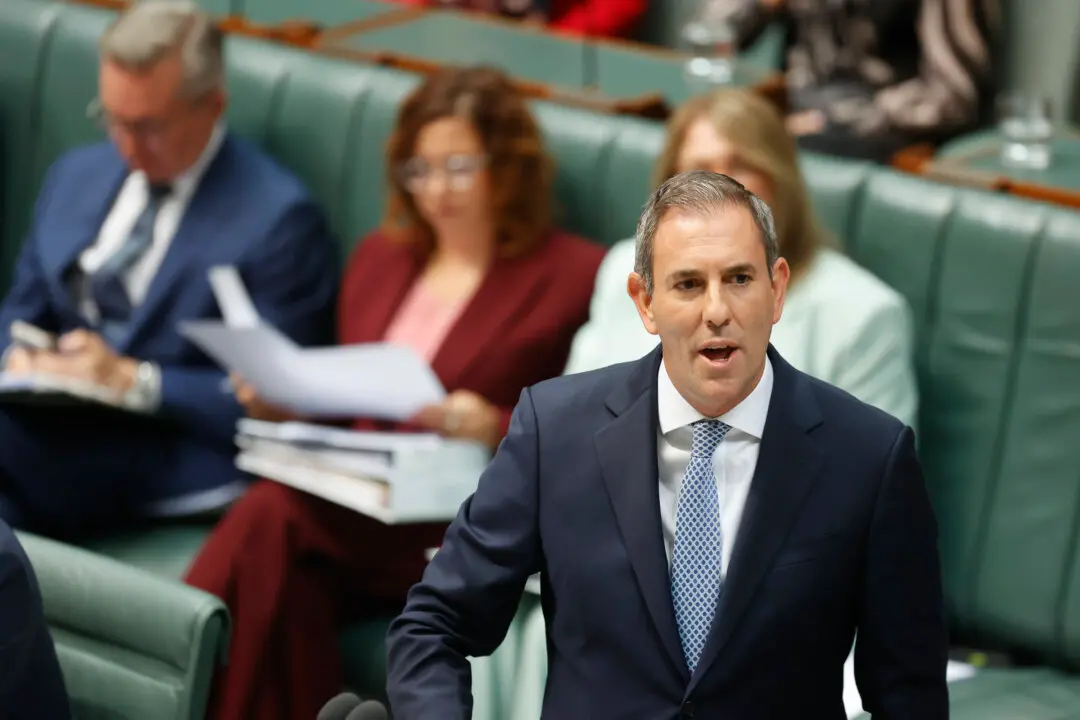The Australian government has introduced a bill to overhaul the country’s merger laws, marking the most significant change to its competition framework in almost five decades.
The new legislation, presented by Treasurer Jim Chalmers in Parliament on Oct. 10, aims to establish a system that differentiates between mergers deemed to stifle competition, and those that provide real economic benefits.





